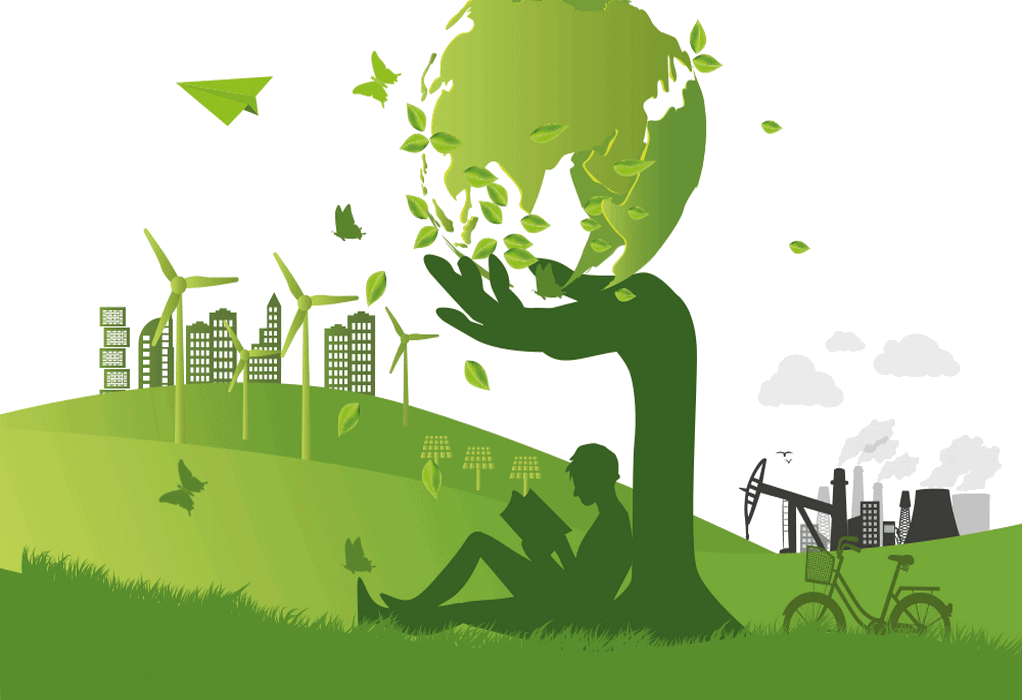VAXA, an Iceland-based company, converts clean energy into sustainable nutrition by using algae. Their groundbreaking vertical-farming technology lets microalgae grow indoors, completely independent of the weather conditions outside. Embedded with pink glowing lights (UV LEDs), the sealed and bio-secured module enables all-year-round production of high-quality, pathogen-free, fresh algae with a consistent composition. Focused on minimal water and land footprint, it uses pristine non-marine source water that guarantees a safe and clean process with no cross-contamination.
VAXA’s facility is integrated with one of the world’s largest geothermal plants, utilizing its byproducts (natural CO2 emissions, hot and cold water, and 100% renewable energy) to produce carbon-neutral microalgae. According to the company’s website, algae is rich in protein, and unlike other plant-based sources such as soy, it contains a complete essential amino acid profile and a large number of phyco-nutrients.
Iceland is well known as a world leader in developing clean geothermal energy. VAXA created a technology platform designed to leverage the clean, natural outputs of a geothermal plant in Iceland, allowing the growth of microalgae indoors. As they mention on their website, the company ensures the production of a consistently stable product that is suitable for nutrition and food. Their products are vegetarian and vegan friendly and are produced without antibiotics or pesticides.
The microalgae is produced in a sealed indoor structure that ensures a safe, clean growing environment with no contaminant risk. ‘Through our unique management of culture and light, based on machine learning technology, our 24/7 bio-secured indoor production is fully controlled and optimized for growth,’ mentions the team. ‘Our production process requires less than 1% of the fresh water and land footprint compared to industry standards’.
Tags: Carbon Nuetral, Marine, Sustainable, UV LEDs, VAXA



Recent Posts
Blue Marlin Becomes First Inland Cargo Vessel with Solar-Assisted Propulsion
ABB and Royal Caribbean Partner on 15-Year Deal to Drive Vessel Efficiency and Decarbonization
IET Establishes Centres of Excellence for Green Hydrogen and Electric Vehicle Research
SECI Cancels Green Hydrogen Hub Tender, Pauses Momentum on Flagship Mission
India Pushes Green Shipping and Sustainable Waterways in Northeast with ₹5,000 Crore Investment
Himachal Pradesh Plans Major Boost to Public Transport with E-Buses and Digital Upgrades
Ammonia-Fueled Container Feeder Design Marks Progress in Maritime Decarbonisation
ABS Develops Industry-Leading EV Battery Fire Simulation Modeling